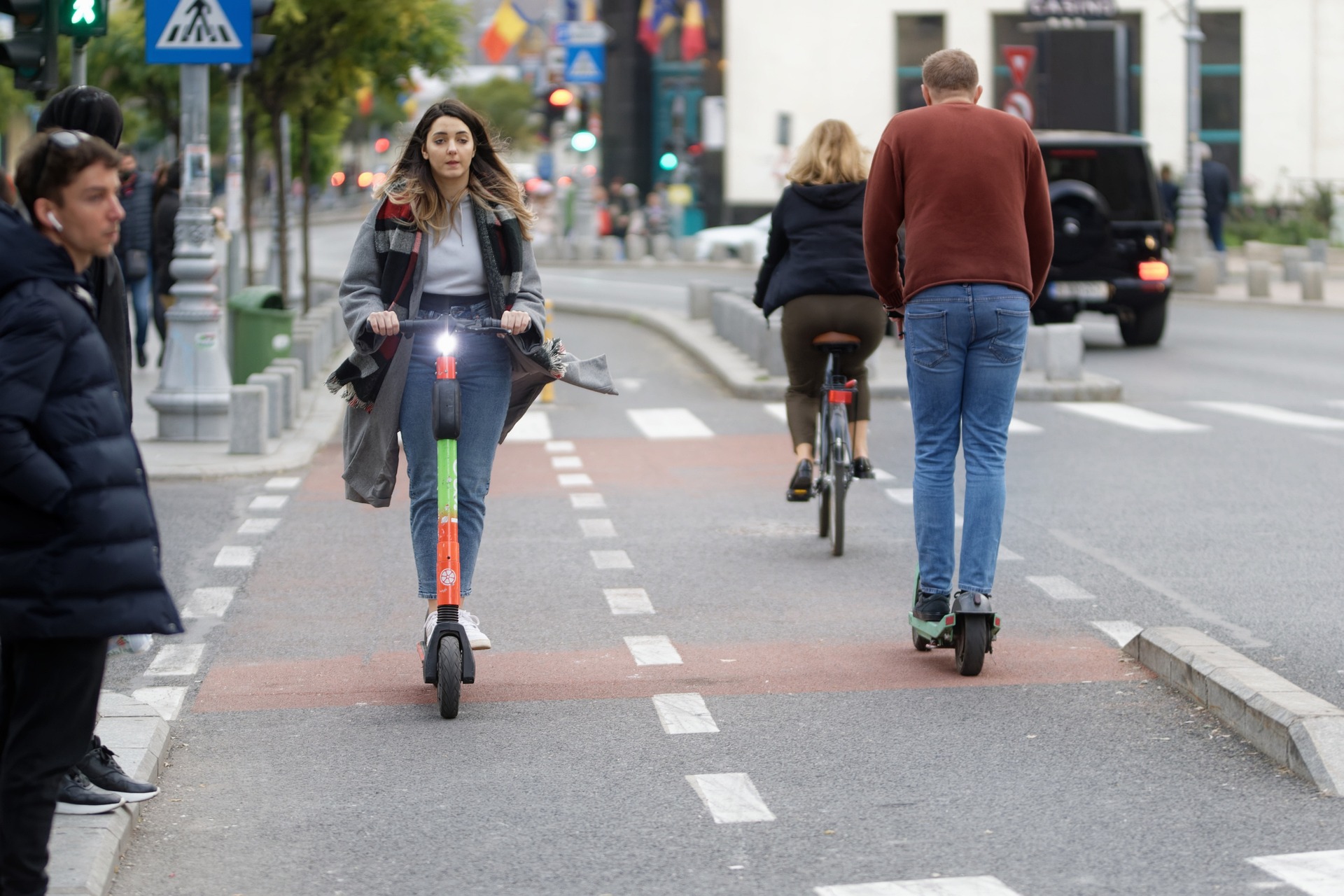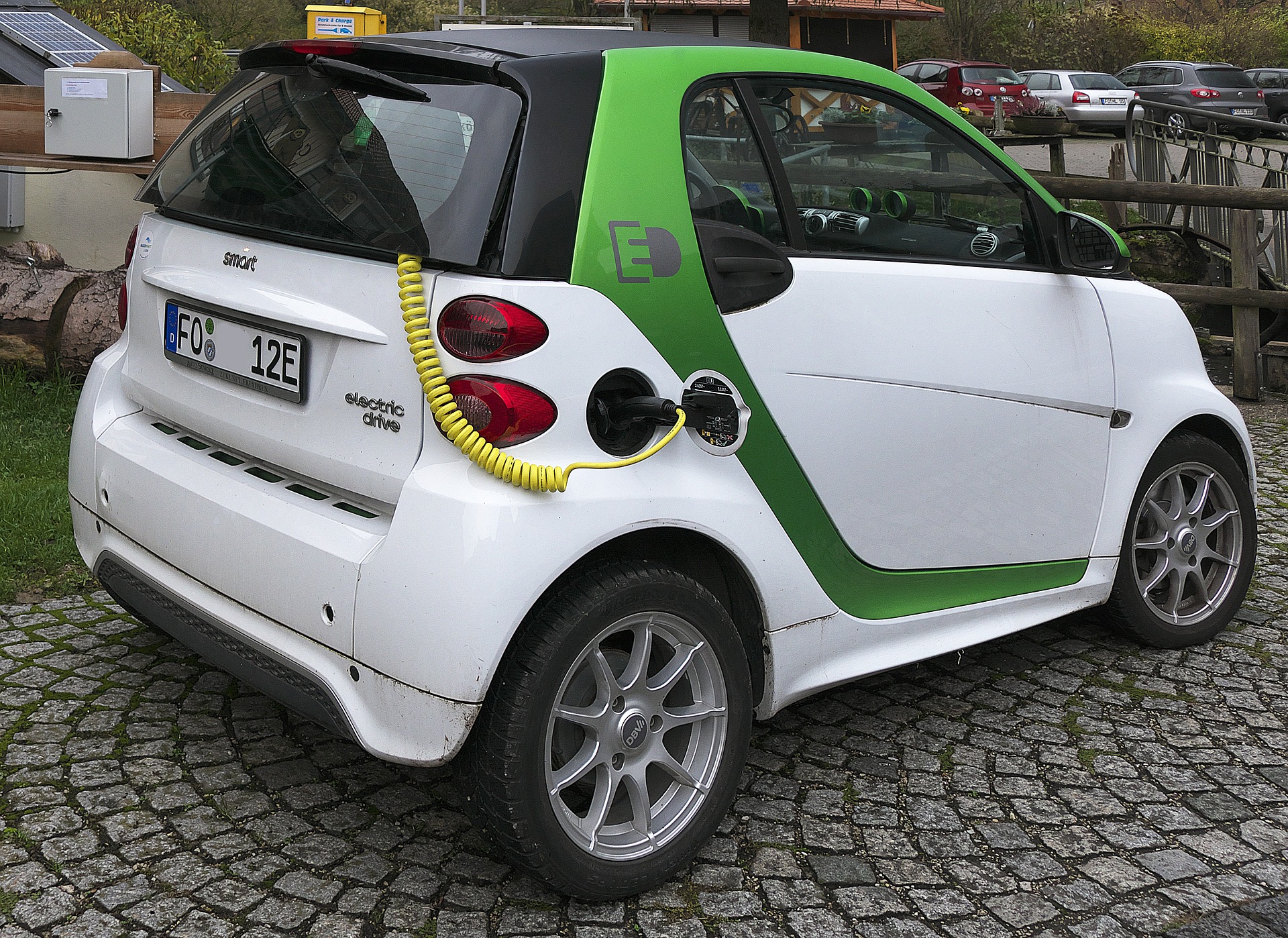The Rise of Electric Scooters in Urban Mobility
Electric scooters have emerged as a popular and convenient mode of transportation in urban areas worldwide, offering an eco-friendly alternative to cars and traditional bicycles. With their compact design, ease of use, and accessibility, electric scooters have revolutionized urban mobility, providing commuters and city dwellers with a convenient way to navigate congested streets and reach their destinations efficiently. Read below to explore the rise of electric scooters and their impact on urban transportation.

Convenient Last-Mile Solution
Electric scooters serve as a convenient last-mile solution for commuters, bridging the gap between public transit stops and final destinations. With the ability to navigate narrow streets and bypass traffic congestion, electric scooters offer a time-saving and efficient way to complete short-distance trips within urban areas.
Eco-Friendly Transportation Option
Electric scooters are environmentally friendly, producing zero emissions and reducing reliance on fossil fuels. By opting for electric scooters over gas-powered vehicles, commuters can contribute to cleaner air and reduce their carbon footprint, helping to mitigate the effects of climate change and improve air quality in urban environments.
Enhanced Mobility and Accessibility
Electric scooters provide enhanced mobility and accessibility for individuals with diverse transportation needs, including those with mobility impairments or limited access to public transit. With the proliferation of dockless scooter-sharing services, riders can easily locate and rent electric scooters using smartphone apps, making them accessible to a wide range of users.
Reduced Traffic Congestion
The widespread adoption of electric scooters has the potential to reduce traffic congestion and alleviate strain on urban infrastructure. By encouraging modal shifts away from private car ownership and promoting shared mobility solutions, electric scooters help alleviate traffic congestion, shorten commute times, and improve overall traffic flow in urban areas.
Challenges and Regulatory Issues
Despite their benefits, electric scooters have faced challenges related to safety concerns, regulatory issues, and conflicts with pedestrians and other road users. Cities have implemented regulations and restrictions on electric scooter usage to address issues such as sidewalk clutter, reckless riding behavior, and pedestrian safety, prompting operators to implement safety measures and user education programs.
Promoting Sustainable Transportation
Electric scooters play a crucial role in promoting sustainable transportation options and reducing reliance on cars in urban environments. By integrating electric scooters into existing transportation networks and infrastructure, cities can create more sustainable, accessible, and equitable transportation systems that prioritize pedestrian safety, reduce carbon emissions, and enhance overall quality of life for residents.
Technological Innovations and Advancements
Advancements in electric scooter technology continue to drive innovation and improve the functionality, safety, and efficiency of electric scooters. From enhanced battery performance and range to improved braking systems and stability control, technological innovations are making electric scooters safer, more reliable, and better suited for urban mobility.
Encouraging Active Transportation
Electric scooters encourage active transportation and physical activity by providing a fun and engaging alternative to sedentary modes of travel. By incorporating electric scooters into daily commuting routines, riders can enjoy the health benefits of increased physical activity while reducing their environmental impact and contributing to a more sustainable urban lifestyle.
Conclusion
The rise of electric scooters represents a significant shift in urban transportation, offering a sustainable, efficient, and accessible mode of travel for city dwellers worldwide. With their convenience, eco-friendliness, and ability to alleviate traffic congestion, electric scooters have transformed the way people navigate urban environments, providing a viable alternative to cars and traditional bicycles. As cities continue to invest in infrastructure and regulations to accommodate electric scooters, the future of urban mobility looks brighter, more sustainable, and more accessible than ever before. Read below for more insights and updates on the evolving landscape of urban transportation.




